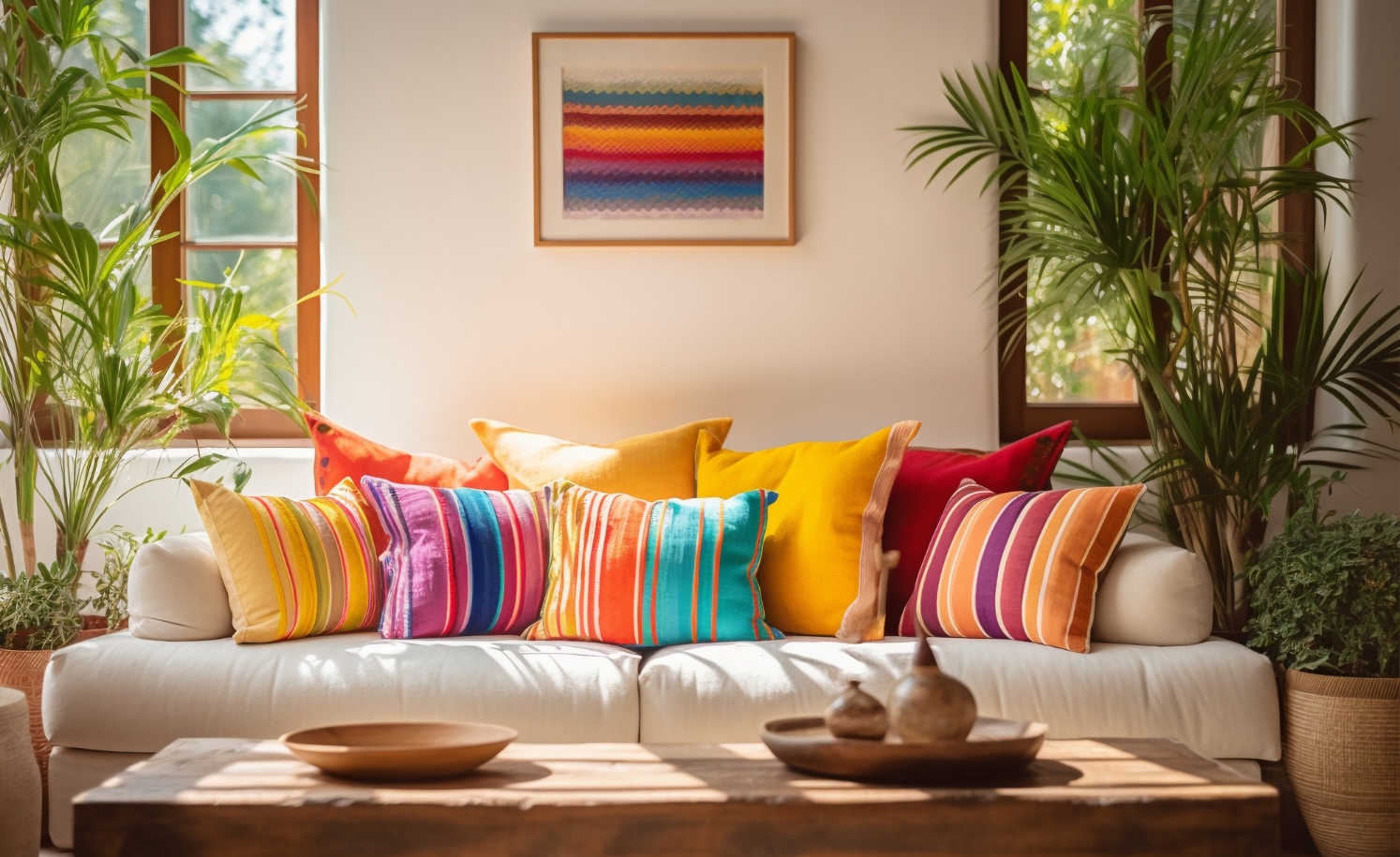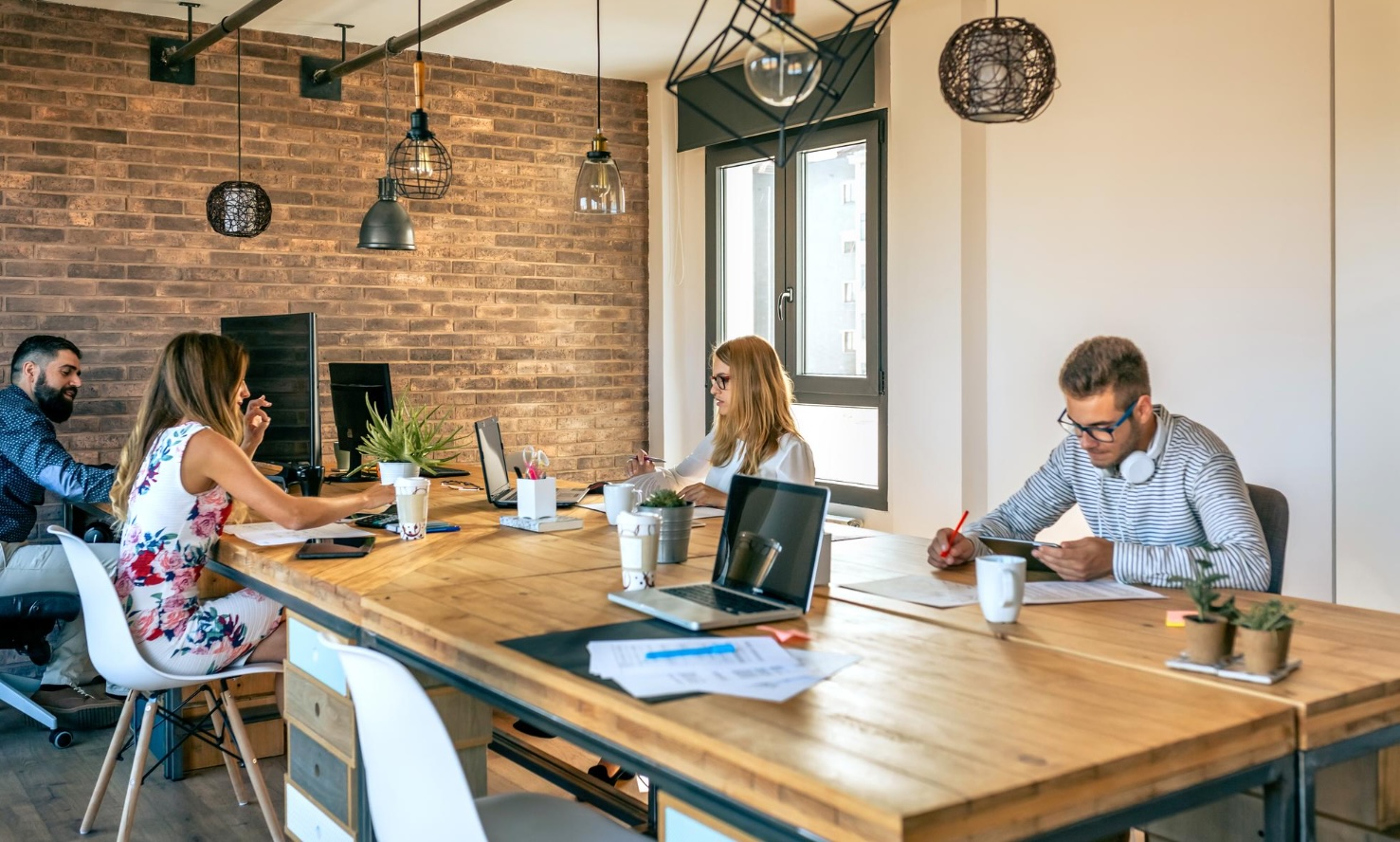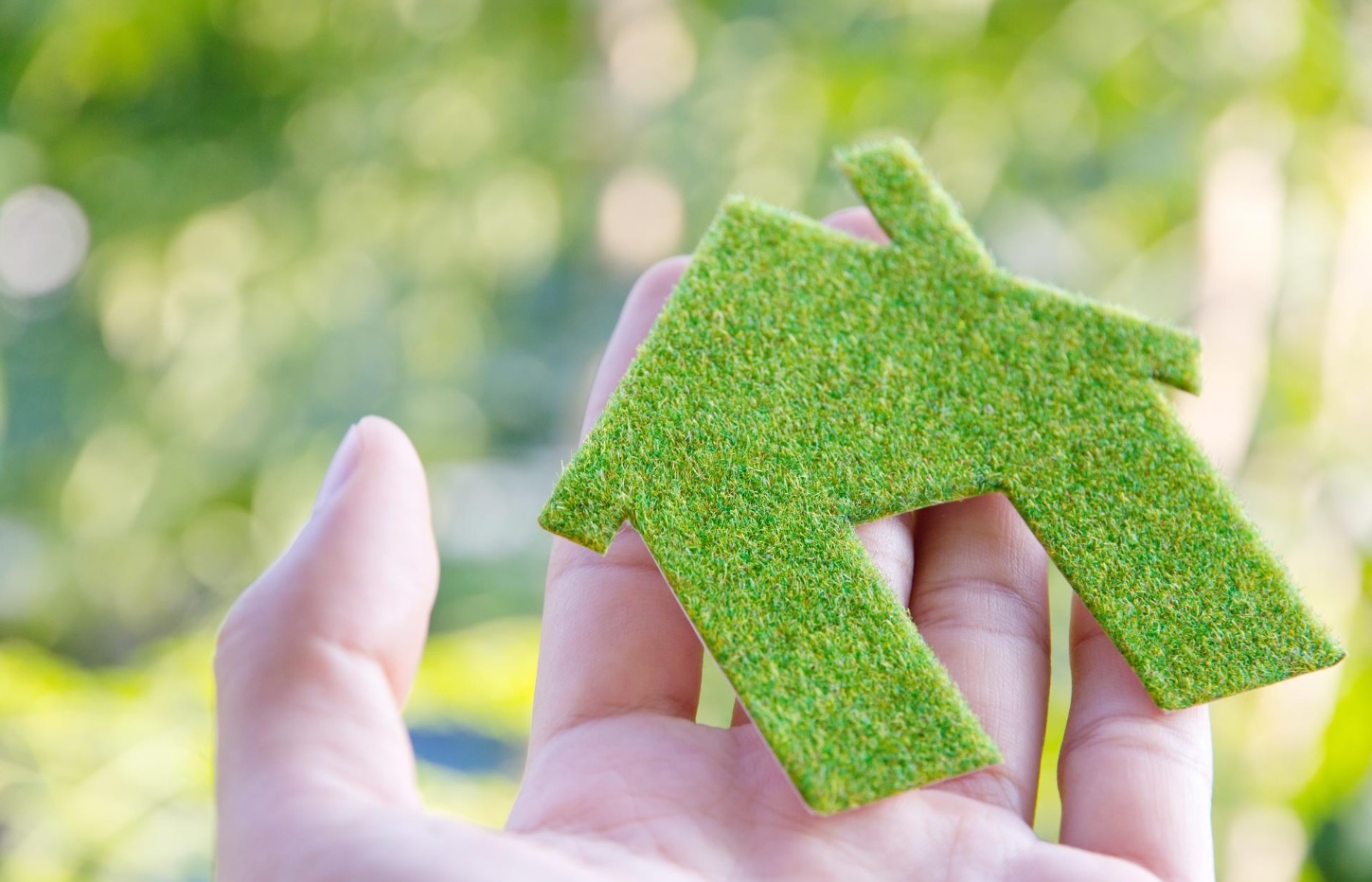On June 5, 2025, the world will celebrate World Environment Day with a clear priority: combating plastic pollution. While we often associate this issue primarily with packaging and daily consumption, it’s essential to broaden our perspective: the real estate sector also plays a decisive role in the global sustainability challenge.
Responsible Architecture and Sustainable Materials
The use of plastic in construction materials is often invisible but widespread: from insulation panels to piping, from finishes to temporary furnishings. Reducing the reliance on synthetic components by prioritizing natural, recyclable, and low-impact solutions is now one of the main goals of green building.
Technologies such as laminated timber, green concrete, compostable bioplastics, and recycled bricks are paving the way for healthier, more efficient, and environmentally compatible housing.
Green Homes Directive: Sustainability Becomes the Norm
The European Union is accelerating the transformation of its building stock, aiming for a significant reduction in the environmental footprint of properties. The Green Homes Directive, part of the "Fit for 55" package, also includes design criteria aimed at discouraging the use of non-recyclable plastics in buildings.
In the coming years, sustainable properties will not only be an ethical choice or a fiscal advantage—they will become a necessary condition for operating in the market.
The Role of Conscious Living
Individuals buying or renovating a property can also make a tangible contribution to reducing plastic in the environment. How?
-
By choosing wood or aluminum window frames instead of PVC;
-
Installing dry systems that make selective material disposal easier;
-
Opting for natural insulation (such as wood fiber or cork);
-
Reducing the use of synthetic furnishings and coverings.
It’s not enough to build less—we must build better. On the occasion of World Environment Day, Gobidreal reaffirms the central role of the real estate sector in the ecological transition. To overcome the challenge of plastic pollution, a cultural shift is needed—one that involves designers, builders, institutions, and, above all, citizens.
Sustainable living means investing in value, health, and the future.
Correlated Articles
Find our news

Get the most out of your assets.
Discover how to transform your
real estate into financial resources.



